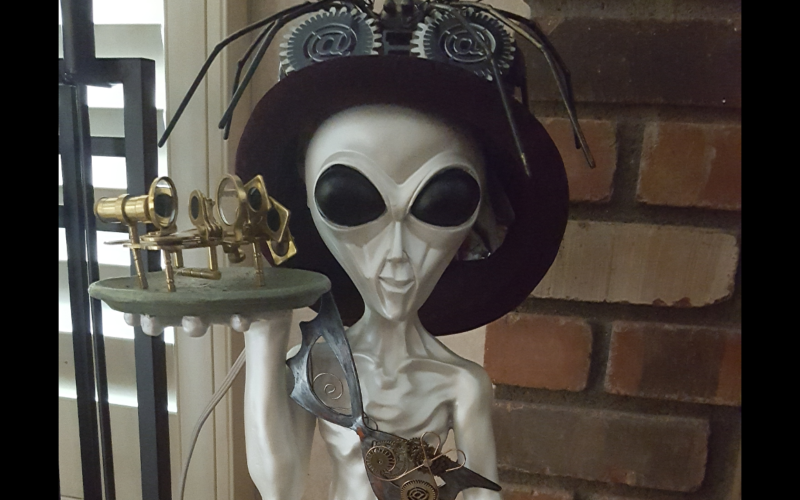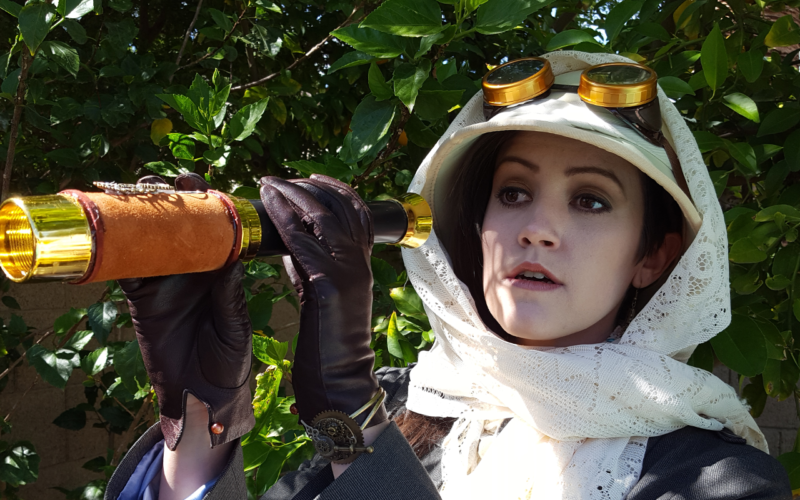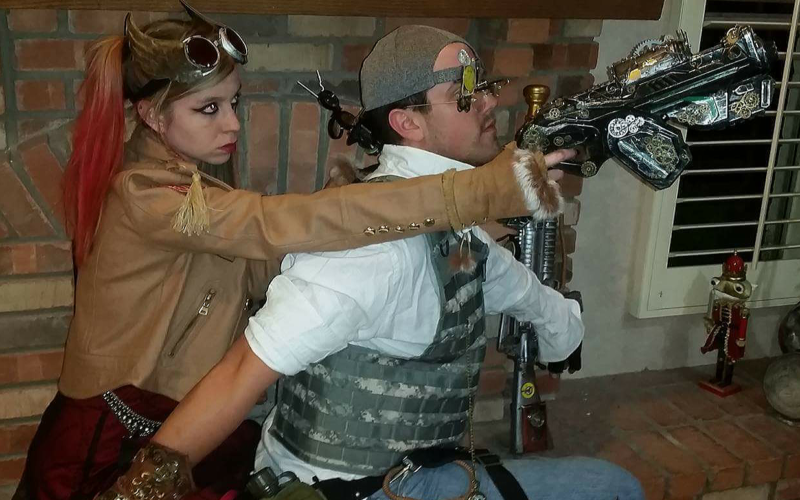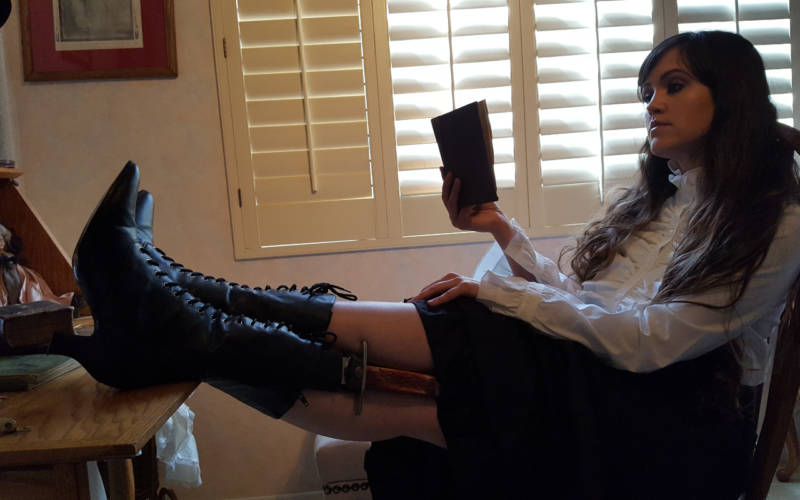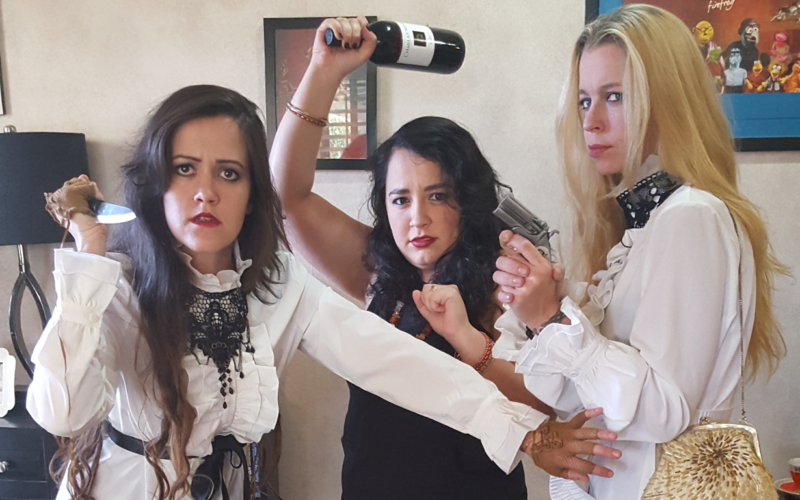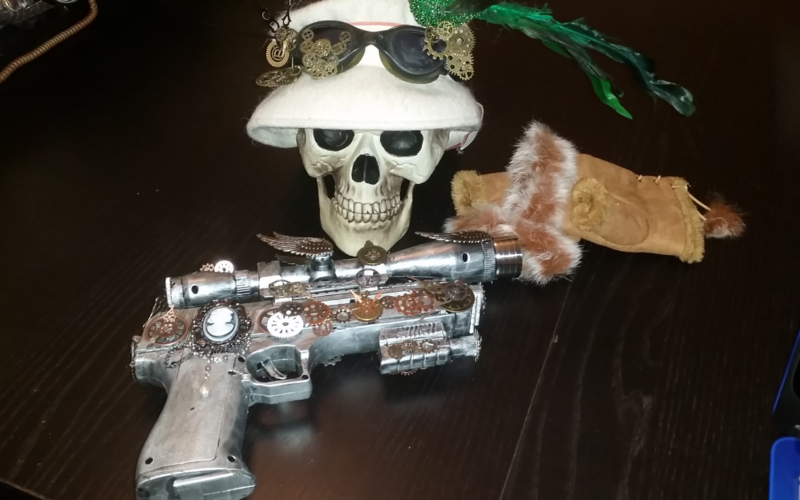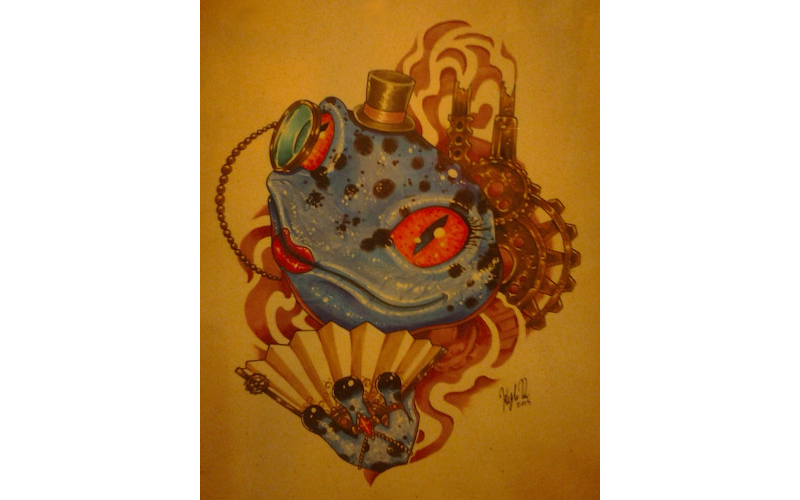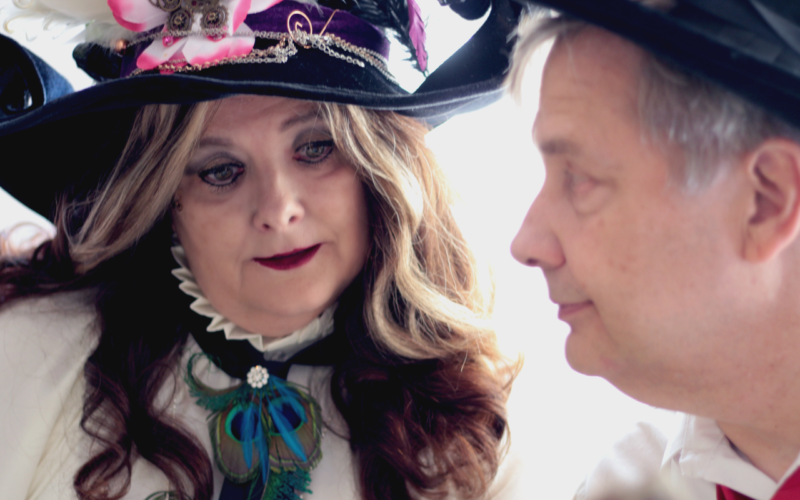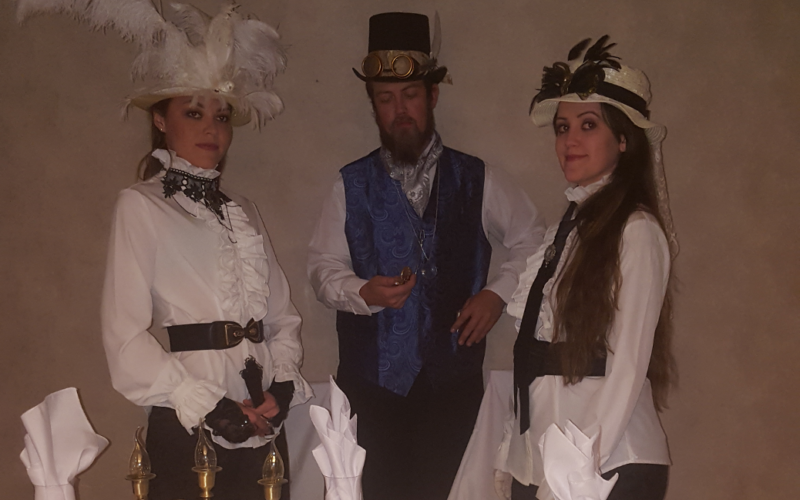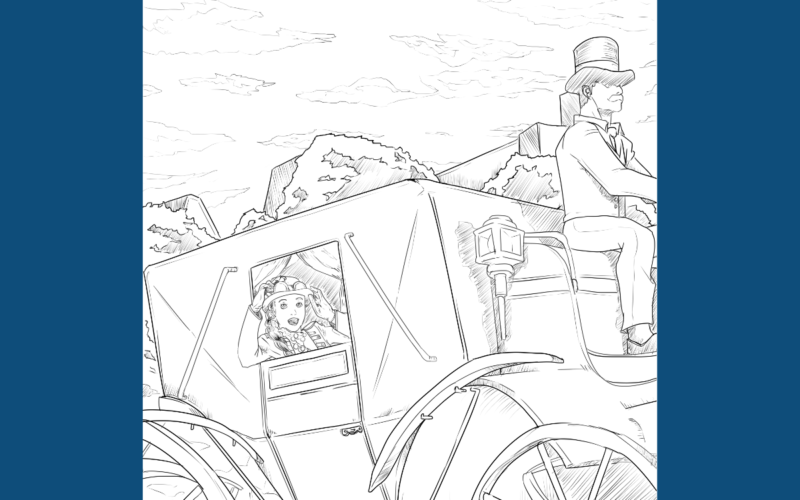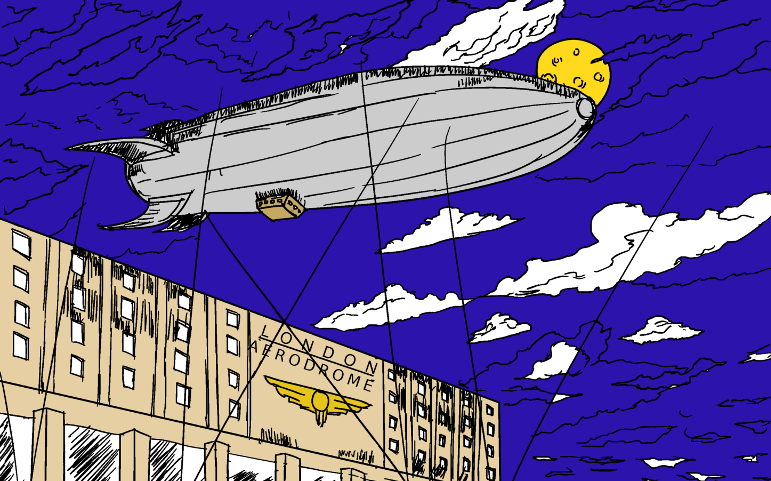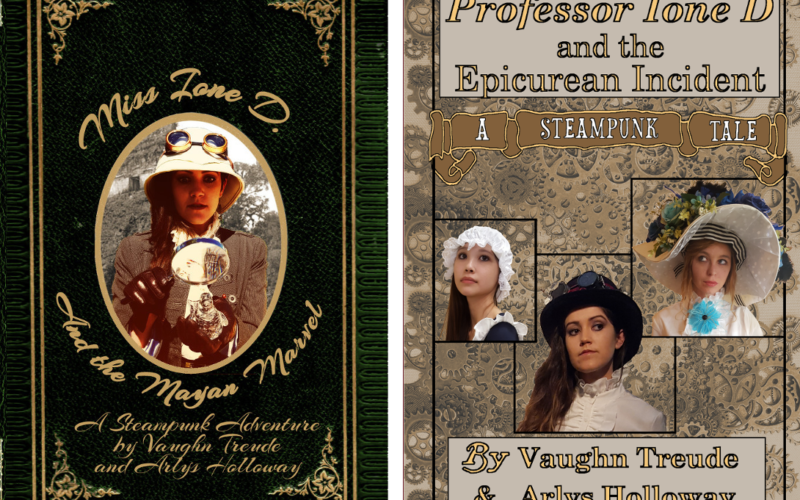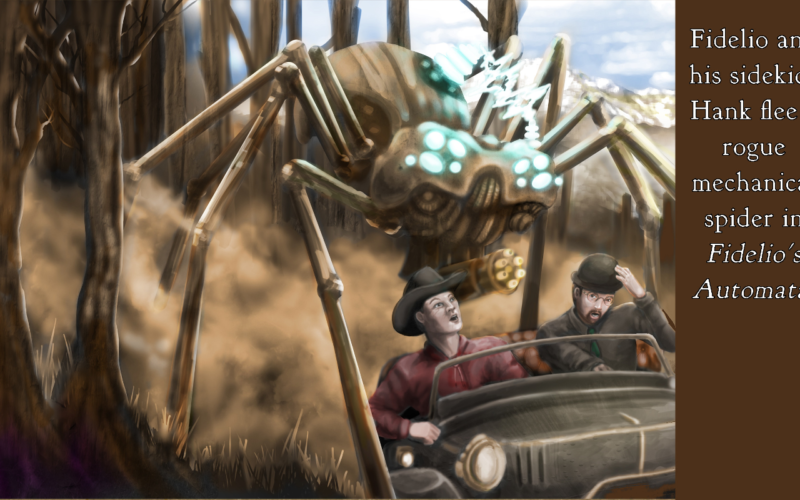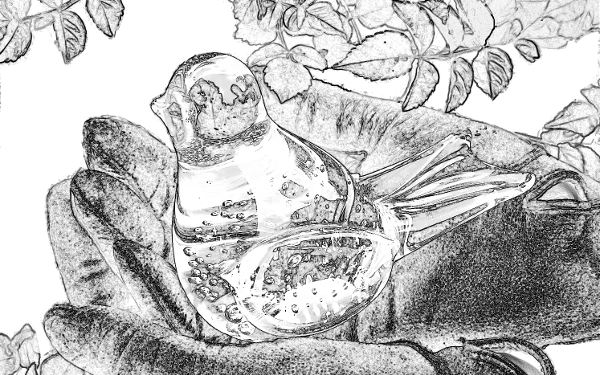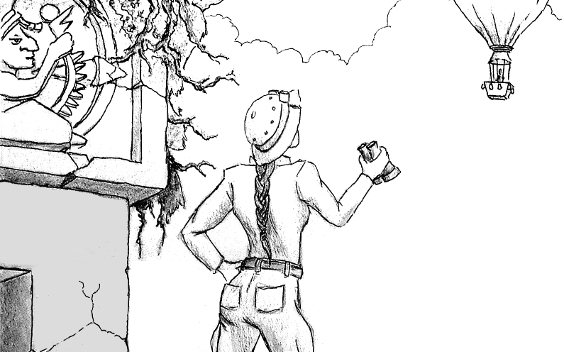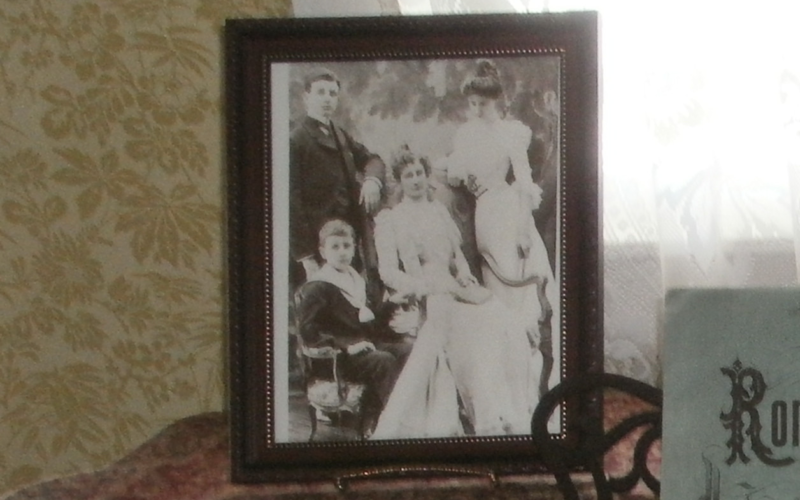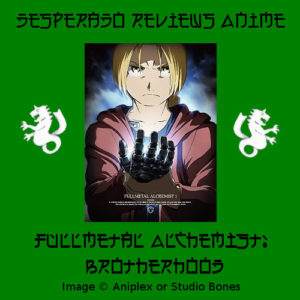
Image credit: Amestrian flag logos from http://fma.wikia.com
Discuss anime with non-fans and they’ll often mention shows like Dragon Ball Z, Naruto, and One Piece. These are examples of the fighting/action “shonen” genre directed at teenage and younger boys. Usually, I roll my eyes at these examples of “kid’s stuff.” Anime is so much more than that. Yet there’s an exception to every rule, and Fullmetal Alchemist is that exception – a shonen-type series that also appeals to adult tastes.
I first sampled Fullmetal Alchemist several years ago in an earlier adaptation. Both this earlier series (2003) and the new “Brotherhood” version (2009-2010) are based on the manga by Hiromu Arakawa. The story’s protagonists are two young brothers with a relationship as deep and complex as real life. The premise, however, is a strange one. One brother seems to be some kind of wizard and the other looks like a giant robot. I found it interesting but not enough to watch further.
A few years later, a studio named Bones rebooted it, adding the word “Brotherhood” to the title. The director was Yasuhiro Irie and the writer was Hiroshi Ōnogi. It was getting really good reviews from the nerd-type blogs I follow. I decided I had to see for myself.
I learned that the “robot” is actually an empty suit of armor inhabited by the spirit of Alphonse Elric. He and his older brother Edward are talented young alchemists who travel the world since the death of their mother. In the show’s universe, alchemy is real and often involves the mixing of potions or the drawing of magical circles to transmute matter from one form to another. The Elric brothers are especially powerful and can perform magic by simply putting their palms together. They can do this over short distances, for example, transforming the stone of a street into a barrier to defend themselves from enemy attacks.
The setting is Amestris, a fictional European-like country with 1920’s era technology. This nation is constantly at war, either fighting its neighbors or putting down internal rebellions. Alchemists dominate both its military and law enforcement. The Elrics are the nation’s youngest State Alchemists.
The story frequently flashes back to the tragedy that defines the brothers’ situation. After their alchemist father abandons the family, an epidemic claims the boys’ mother. The grief-stricken brothers try to resurrect her using alchemy, though they know raising the dead is forbidden. The attempt fails in a grisly fashion, and the boys suffer a horrific magical backlash because alchemical magic requires “equivalent exchange.” Alphonse’s body disappears, but Edward keeps him alive by affixing his soul to a nearby suit of armor. To save his brother, Edwards pays (literally) an arm and a leg, which he later replaces with mechanical prosthetics. Ironically, it’s Ed and not Al who gets the “Fullmetal” nickname.
The series features lots of adventure: alchemists battling bad guys, conflict and intrigue within the military, and the brothers’ quest to restore their original bodies. It features a large cast of characters including the Elrics’ childhood friends and instructors as well as their military comrades. The Elrics’ enemies include villains such as Scar, a renegade alchemist who hunts down his fellows because he believes them to be an affront to God. Even more menacing are the Homunculi, alchemically-created monsters who personify the Seven Deadly Sins. Edward and Alphonse strive to uphold justice without needless killing, a principle that sets them apart from the others.
In its humorous moments, Fullmetal’s primary characters will briefly take on a “chibi” (cutesy) appearance. Though I find this anime trope annoying, I see it as the show’s only flaw.
As I said before, Brotherhood received high marks from anime fans. It went on for a total of 64 episodes, which is approximately 5 three-month seasons. Arlys and I have watched 39 episodes so far. The show’s success spawned a live-action movie, which I’ll review in a future installment.
Despite its fanciful premise, Fullmetal Alchemist: Brotherhood is an engaging series with well-rounded characters facing complex moral dilemmas. The brothers’ dedication to each other, despite their frequent squabbles, is especially touching. I must add, however, that there are some dark themes that would not be appropriate for young children. The show available on Funimation and other sites for streaming online. I can’t recommend it highly enough – 5 out of 5 stars.

